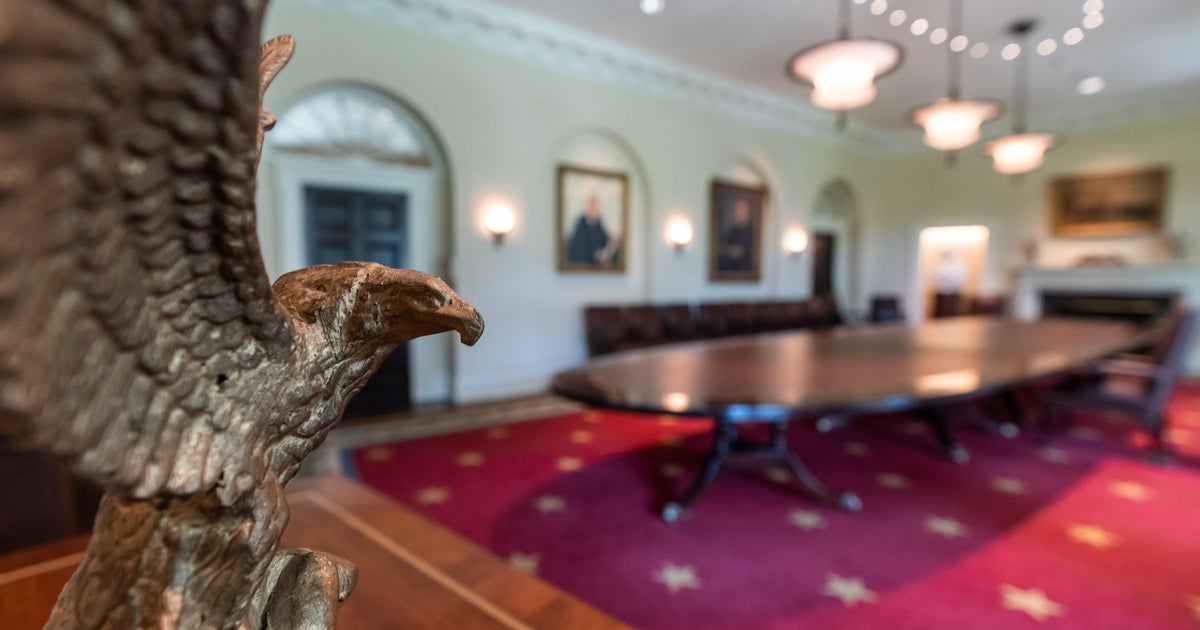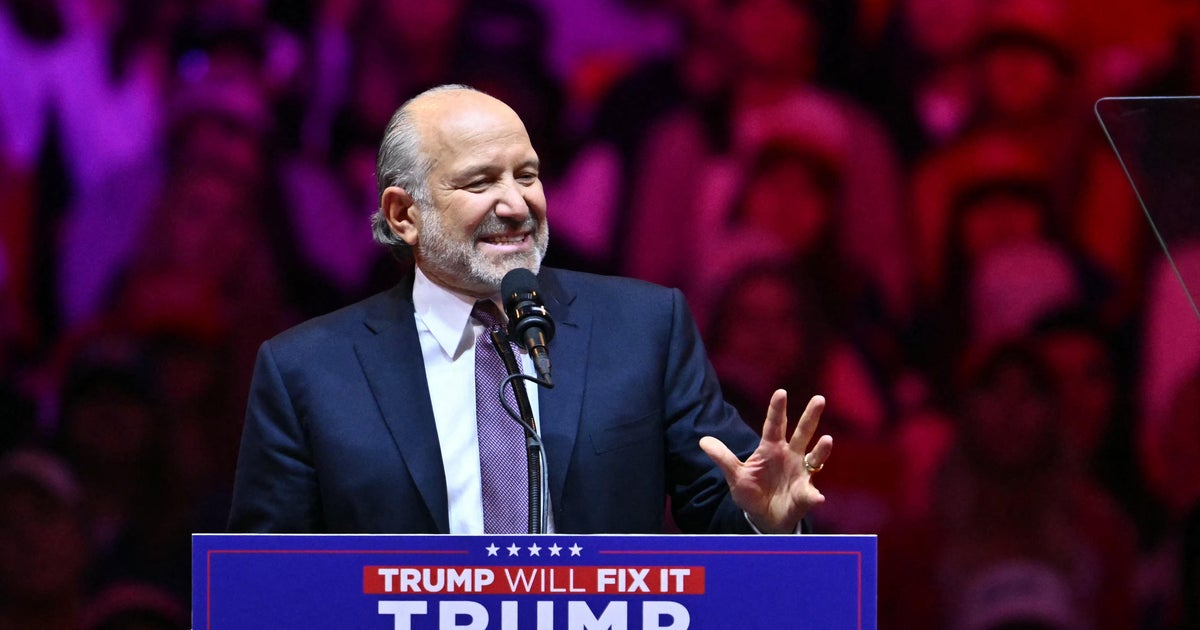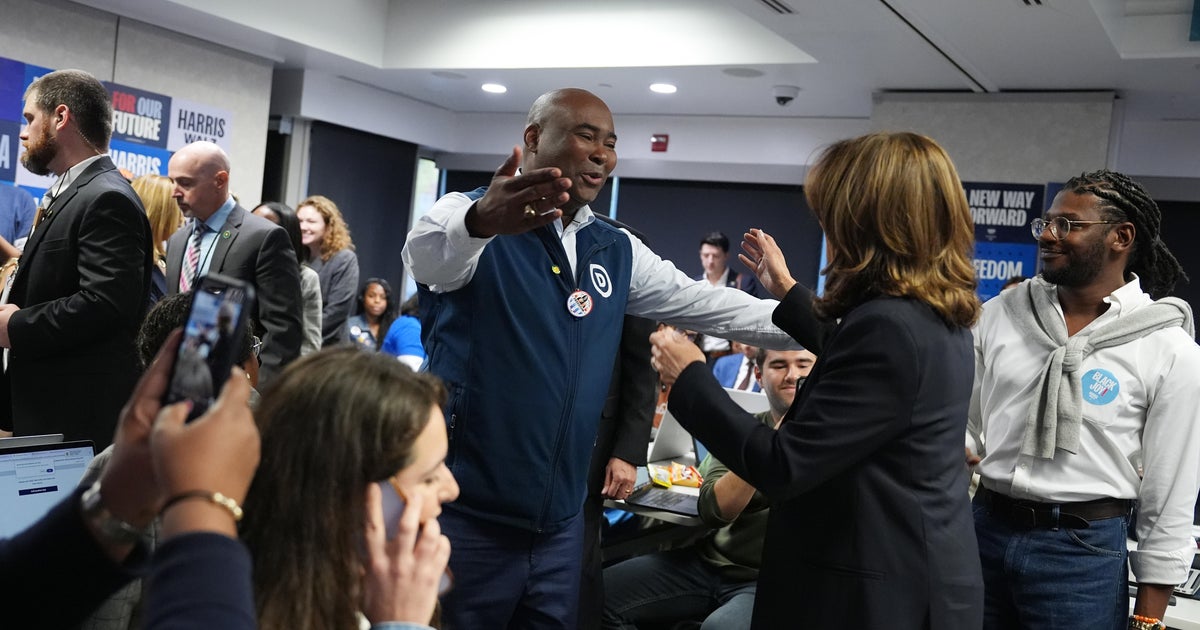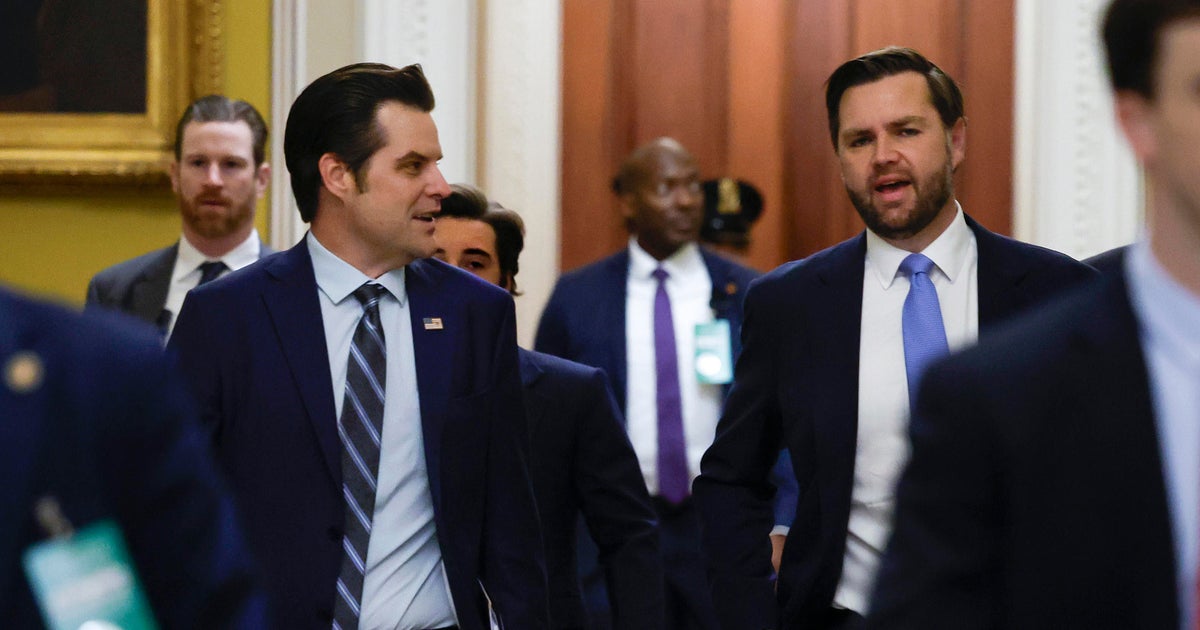Biden traveling to Middle East, meeting with Saudi crown prince next month
Washington — President Biden will travel to the Middle East next month for a three-day trip that includes stops in Israel, the West Bank and Saudi Arabia, where he is expected to meet with Saudi Crown Prince Mohammed bin Salman, the White House formally announced Tuesday.
During the trip from July 13 to July 16, Mr. Biden is set to meet with roughly a dozen Middle East leaders — including the Saudi de facto leader — during a visit that will likely be met with controversy given his role in the brutal murder of Washington Post columnist Jamal Khashoggi in 2018 and the kingdom's record on human rights.
A U.S. intelligence report released by the Biden administration in February 2021 concluded that the crown prince "approved an operation in Istanbul, Turkey, to capture or kill Saudi journalist Jamal Khashoggi," who was critical of the regime. In 2019, Mr. Biden vowed to make Saudi Arabia a global "pariah," and when pressed Friday on whether he still views the kingdom that way, he told reporters, "I'm not going to change my view on human rights. But as president of the United States, my job is to bring peace if I can. And that's what I'm going to try to do."
During his Middle East trip, Mr. Biden will stop in Israel first, where he is scheduled to visit an area where U.S.-funded defense systems such as the Iron Dome are used, a senior administration official previewed to reporters Monday. The official said a focus of the visit will be Israel's "increasing integration into the region" through the Abraham Accords, brokered under the Trump administration, and ties with Jordan and Egypt. During the first leg of his Middle East trip, the president will also conduct a virtual summit of the so-called I2-U2 — India, Israel, the United Arab Emirates and the U.S. — to discuss food security and other topics.
At his second stop in the West Bank, Mr. Biden is set to meet with Palestinian Authority President Mahmoud Abbas, likely in Bethlehem, during which the official said the president looks forward to "reaffirming his lifelong commitment to a two-state solution" and ways to "rekindle a new political horizon that can ensure equal measures of freedom, security, prosperity and dignity to Israelis and Palestinians alike."
The final leg of the president's trip will be in Saudi Arabia for a summit with the Gulf Cooperation Council composed of leaders from six Gulf nations (Bahrain, Kuwait, Oman, Qatar, Saudi Arabia and the United Arab Emirates) — as well as Iraq, Jordan and Egypt. The group is set to discuss climate and infrastructure, human rights and food security.
White House press secretary Karine Jean-Pierre said in a statement the president is traveling to Jeddah "at the invitation" of Saudi King Salman bin Abdulaziz Al Saud.
"The president appreciates King Salman's leadership and his invitation," she said in a statement. "He looks forward to this important visit to Saudi Arabia, which has been a strategic partner of the United States for nearly eight decade."
While in the country, he will discuss "a range of bilateral, regional and global issues," Jean-Pierre said, including the war in Yemen, expanding regional economic and security cooperation, deterring threats from Iran, and advancing human rights.
The Saudi embassy in Washington said in a statement Mr. Biden and the crown prince will "hold official talks that will focus on various areas of bilateral cooperation."
"The Kingdom of Saudi Arabia looks forward to welcoming President Biden and defining the next chapters of our partnership," the embassy said. "At a time of global challenges related to the global economy, health, climate and international conflict, the partnership between our two countries is as critical as ever to the promotion of peace, prosperity and stability around the world."
Asked about likely criticism of Mr. Biden for meeting with the Saudi crown prince, the senior administration official asserted that the president will not change his views on human rights, and the Biden administration is "not overlooking any conduct that took place before we entered office."
"While we recalibrate relations, we're not seeking to rupture relations because Saudi Arabia has been a strategic partner of the United States for eight decades," the official said.
Mr. Biden's visit to Saudi Arabia comes as Americans are feeling the squeeze at gas pumps, with the nationwide average price of gas topping $5 a gallon for the first time ever, according to AAA. The president has attributed the surge in gasoline prices to Russian President Vladimir Putin and his ongoing war with Ukraine. With Saudi Arabia as the world's top exporter of oil, Mr. Biden could use the visit to ask the kingdom to help stabilize oil markets, ideally lowering prices back in the U.S.
Still, Jean-Pierre told reporters Monday that to view engagement with Saudi leaders as "asking for oil is simply wrong and a misunderstanding of both the complexity of that issue and our multifaceted discussions with the Saudis."
"Of course, we discuss energy with the Saudi government, as we do with oil producers around the world," she said.
Even the prospect of a visit by Mr. Biden with the Saudi crown prince has earned the president criticism. Rep. Adam Schiff, a Democrat from California, told "Face the Nation" this month that Mohammed bin Salman should be "shunned," and the president should not see him.
"I wouldn't go. I wouldn't shake his hand," he said. "This is someone who butchered an American resident, cut him up into pieces and in the most terrible and premeditated way. And until Saudi Arabia makes a radical change in terms of human rights, I wouldn't want anything to do with him."
Schiff said that while he understands Saudi Arabia's role in the oil market and would want to see the kingdom boost production, "going hand-in-hand to someone who's murdered American resident would not be on my list."



